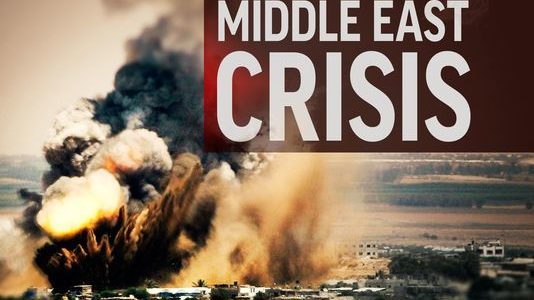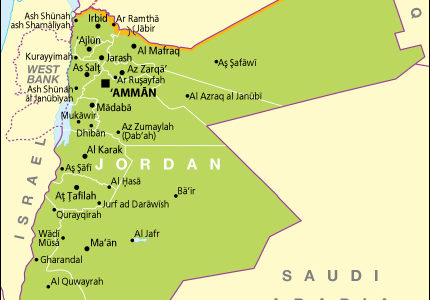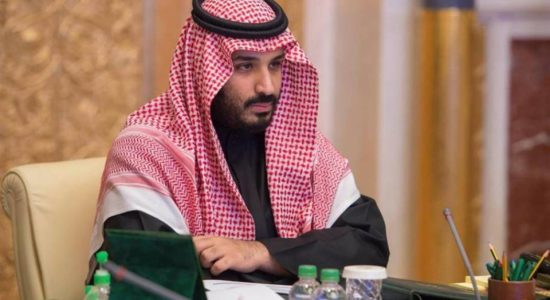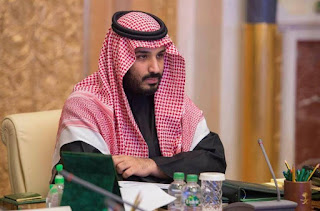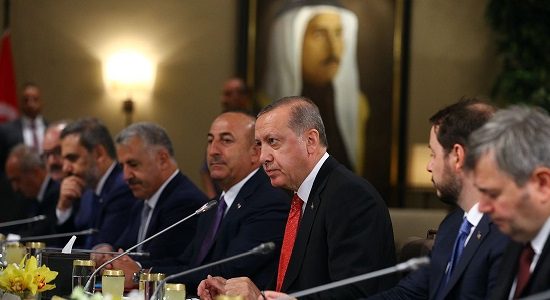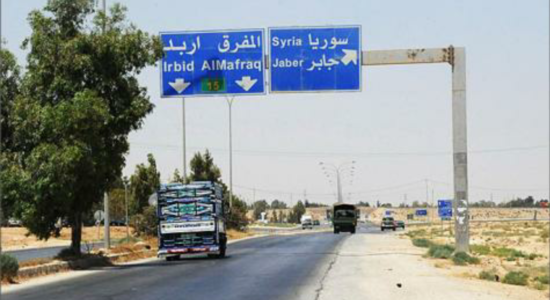لا يمكن لاي انسان يقف امام قبر الشاعر القرغيزي الكبير جينكيز ايتماتوف الا ان يذهل من التضاريس الجبيلة التي تحيط بمرقد الراحل الكبير. اما حالة الانبهار الحقيقية فتتجسد في قدرة الشاعر الكبير على تحويل كلماته وافكاره الى مفاهيم عابرة للحدود ومتمردة على عوامل الجغرافية.
من وجهة نظر متواضعة، تكمن اهمية جينكيز ايتماتوف في قدرته على الغوص في تفاصيل روحه الانسانية وقدرته على رسم واعادة قراءة الاسطورة والمآساة الانسانية بادق تفاصيلها. كذلك تبلور ابداع الشاعر في جرأة المواجهة وتناوله للمحظورات على انها واقع لابد من الاشارة اليه بجرأة والتعاطي معه بعيداً عن التابوهات المجتمعية، وبالرغم من حجم الالم تبقى نظرية بقاء الانسان محكوماً بالامل من اجمل الخصائص التي يمكن ملاحظتها في عالم اياتاتوف.
ان الافكار الكامنة في الموروث الروائي والشعري للشاعر القرغيزي الكبير تقدم لنا اليوم وصفة أمل يمكن ان تؤسس فعلياً لارضية فكرية قادرة على التقريب بين الافكار والشعوب والمختلفة. فالامل والرغبة بمستقبل افضل، والرؤية الانسانية المتجاوزة للحدود تشكل اليوم موروثاً انسانياً يمكن التعويل عليه جدياً في بناء القواعد الاساسية لمنظومة حوار وتواصل بين الشعوب تستند على اساس المساواة والاحترام والمنفعة المشتركة.
الادب والسياسة…النور والعتمة
اما ايتماتوف السياسي فيمثل اليوم ايضاً وصفة وحاجة لكل عالم السياسة والسياسيين. فمع انتشار الصراعات والحروب، واتساع رقعة الارهاب والمواجهات الدموية وغياب اي افق لحلول حقيقية قادرة على احتواء الازمات والمشاكل خصوصاً مع اخذ مسألة الهجمات الارهابية بعداً كونياً يتطلب ايضاً الاتفاق على اسلوب مواجهة كوني، تظهر شخصية ايتماتوف الانسانية في عالم السياسة لتذكرنا بضرورة ان تتسم السياسة اليوم بمسحات انسانية. فالاديب والشاعر السياسي تكمن في شخصيته اضاءات انسانية لا يمكن ان يتم المساومة عليها حيث لا يمكن ان تنتصر المصالح على القيم او الموت على الحياة.
ان عالمنا اليوم بحاجة ان يقرع في عالم السياسة جرس الانذار الاخير، فلابد للامل ان ينتصر على الالم كما ينتصر الحب على الكراهية، وكذلك رغبة البقاء على الفناء والحياة على الموت. هذه الارضية التي يمكن لها اليوم ان توقف حركة السقوط المتواصل والانحطاط في القيمة الانسانية التي تذكيه اليوم كثير من السياسات.
اما النقطة التي لا تقل اهمية في شخصية وتركيبة ايتماتوف فتكمن في قدرته على البحث عن المتشاركات دون الاضطرار الى انكار الاختلافات.
الانسانية ووصفة الحل
ان عالم اليوم المتخن بالتقسيمات الطائفية والدينية والاثنية لا يمكن له ان يواجه هذه التحديات الا عبر تبنى رؤية جديدة تسقط قدرة هذه الاختلافات على خلق الصراعات. فالمعيار الانساني هو القاسم المشترك الاكبر الذي لايمكن ان يتم اخضاعه للمعايير الطائفية، والجغرافية والاثنية والدينية.
لهذا فان رسائل ايتماتوف المتوافقة مع اعتبار الانسان والانسانية عامل موحد لبني البشر هو ما يجب تعزيزه وتغذيته اليوم.
ان تشكل هذه القناعات هو الاساس الوحيد الذي يمكن ان تبنى عليه اي عملية تقارب بين البشر وهو كذلك السلاح الوحيد القادرعلى انهاء الظاهرة القائلة بان الاختلاف سبب من اسباب الصراع.
ان الرسالة التي يجب العمل على ابرازها هي الرسالة الانسانية الكونية، التي يمكن ان تقرب بين الاجساد والعقول في المسافات والافكار، ولعل أهم الواجبات الاخلاقية يتطلب ان يقوم كل انسان بدوره في اطار هذه المعادلة الشاقة.
من هنا، ان القاء الضورء على الموروث الشخصي والفكري والابداعي للراحل ايتماتاتوف يشكل نقطة مهمة في عملية كسر طوق العتمة الذي بات يطبق على عنق البشرية، ويشكل نقطة مضيئة يمكن التعويل عليها مستقبلاً في ايجاد متشابهات قادرة على بناء شراكات متوازنة بين الحضارات عوضاً عن الانسياق خلف الصراعات غير المتناهية.
د. عامر السبايلة
*مادة كتبت على خلفية المشاركة في المنتدى الدولي للكتاب والمثقفين “قراءات في أيتماتوف: حوار الثقافات” الذي استضافت مدينة بيشكيك، عاصمة جمهورية قرغيزستان، خلال الفترة 17-19 أغسطس/آب 2017. هذا النص يلخص مداخلة الكاتب في المنتدى وقد كان فيه مشاركاً . وقد أشرف على إدارة وإجراء هذا المنتدى الهام لشخصية أدبية من الوزن الثقيل مثل أيتماتوف منسق مجموعة الرؤية الاستراتيجية “روسيا – العالم الإسلامي” السفير فنيامين بوبوف. كما ألقيت كلمات ترحيبية لراعي المنتدى رئيس جمهورية قيرغيزستان ألمازبك أتامبايف ولوزير الثقافة والإعلام والسياحة في جمهورية قيرغيزستان توغلباي كازاكوف ولـنائب وزير خارجية الاتحاد الروسي ميخائيل بوغدانوف. كما شهد المنتدى مداخلات المشاركين فيه من روسيا وتتارستان وقرغيزستان والصين وطاجيكستان ومصر ولبنان وفلسطين. إليكم، قراءنا الأعزاء، هذه المقالة القيمة.




